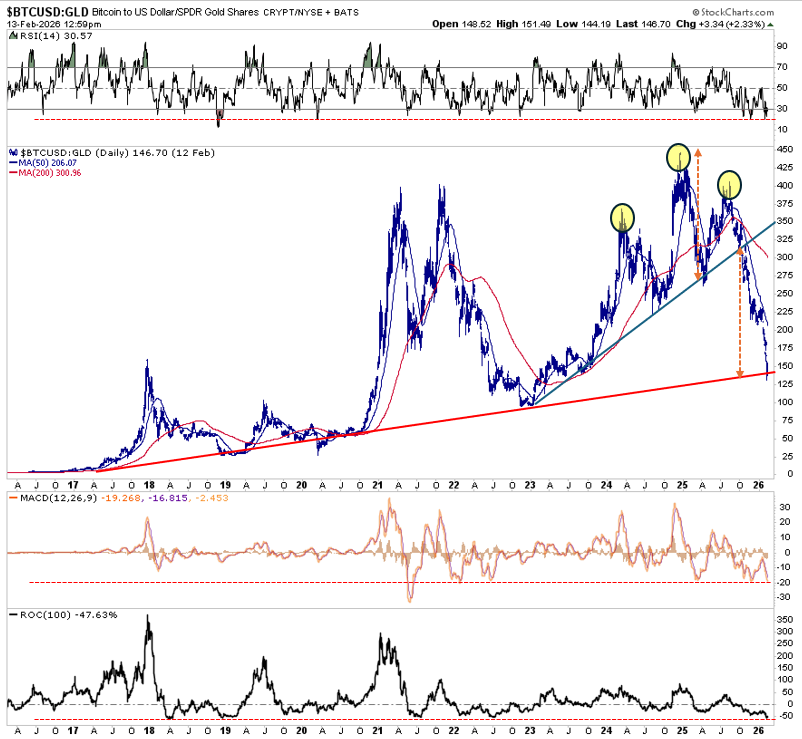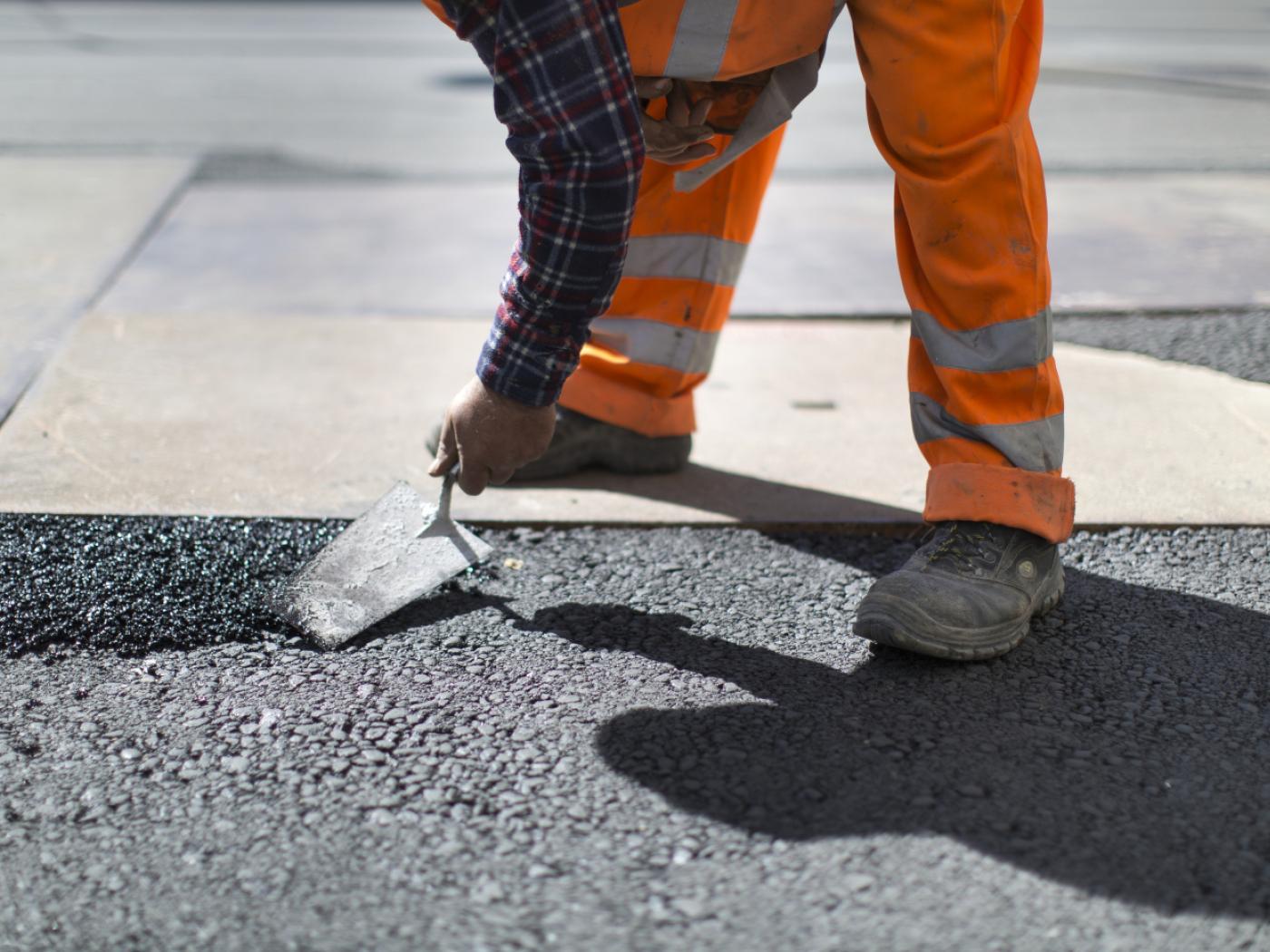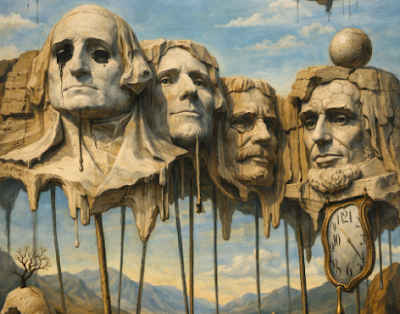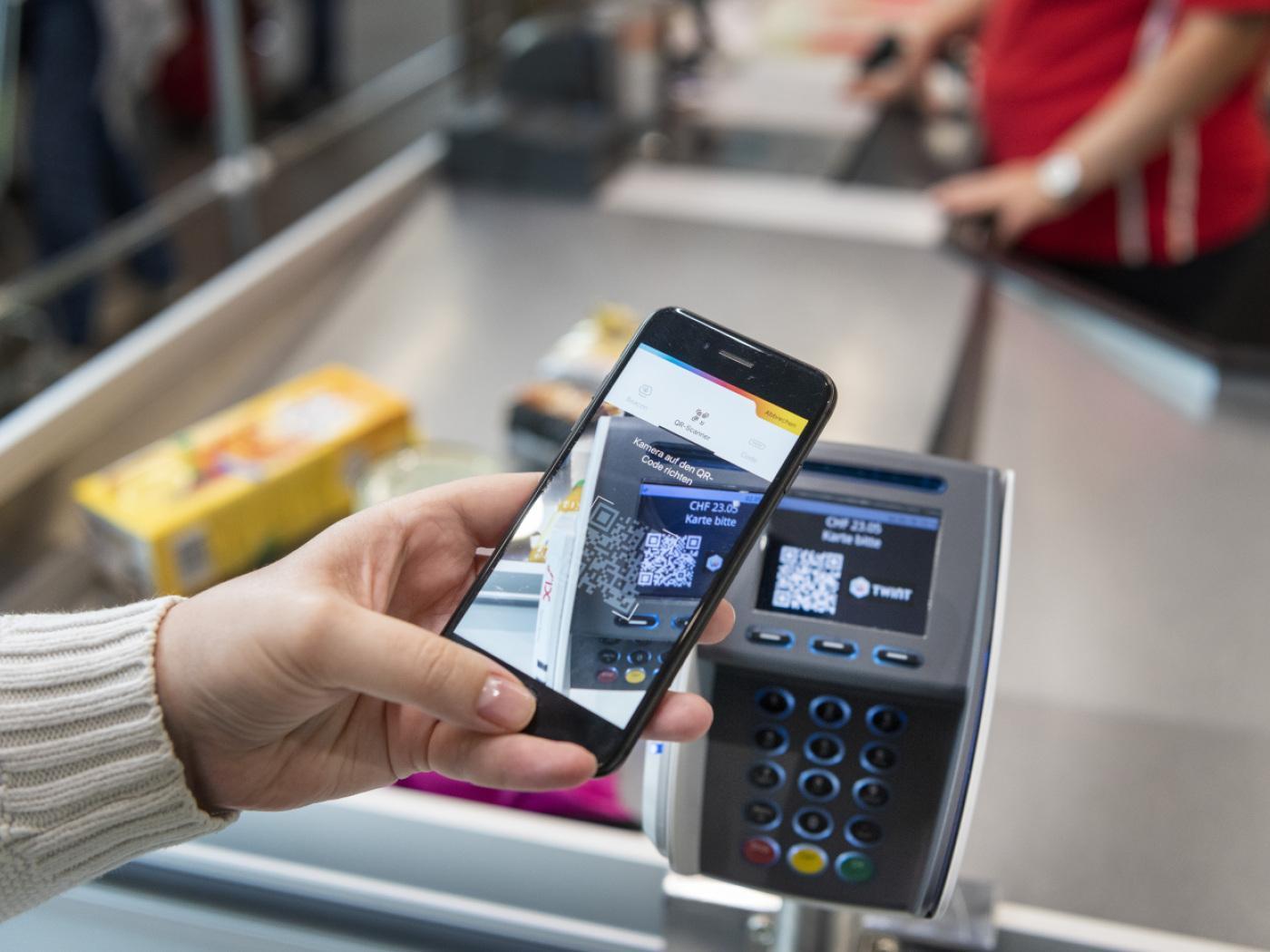Last week, Donald Trump was convicted of falsifying business records with the intent to commit, aid, or conceal another crime. The Manhattan jury found him guilty on all thirty-four counts.
This entire case was always ridiculous. Trump was charged for labeling reimbursement checks to his lawyer as “legal expenses” after the lawyer made a (completely legal) payment to an adult film actress to get her to sign a nondisclosure agreement. Prosecutors argued that the reimbursement payments—which were paid in 2017, after Trump had won the election—were actually campaign expenditures because keeping the alleged affair quiet may have helped the Trump campaign.
The idea that hush-money payments made by political candidates are only legitimate if they use campaign funds and publicly report the payments is absurd. And it’s unprecedented too. In fact, federal campaign law is rather strict in the other direction—limiting candidates from spending campaign funds on everything but the most clear-cut campaign expenses like rent for a campaign office or TV commercials.
But still, to turn charges of falsifying business records from misdemeanors into felonies, the New York State prosecutors had to show that Trump mislabeled the records in order to commit, aid, or conceal another crime. Alvin Bragg, the New York State district attorney, argued that this other crime was a violation of federal election law. But, as William Anderson explained last week, Trump has never been charged for this alleged violation of federal law. And even if Bragg thinks he should be, that determination cannot be made in a state court.
Bragg later changed the secondary election violation to claim Trump broke an obscure New York election law that made it a misdemeanor to engage in an election conspiracy, defined as, “Conspiracy to promote or prevent election: Any two or more persons who conspire to promote or prevent the election of any person to a public office by unlawful means . . . shall be guilty of a misdemeanor.” Again, the jury decided that alleged misdemeanors that Trump committed in 2017 were done to unlawfully promote an election he had already won the year before.
Adding to the absurdity, just before deliberations began, the trial judge told the jury that they did not need to agree that Trump had violated that specific election law. He listed an additional violation of tax laws and further falsifying business records that could have resulted from the initial mislabeled payments as possible other crimes. According to the judge, the jury did not have to agree on what Trump specifically did. As long as everyone on the jury believed that he had committed any of these three crimes—none of which he has or is being charged with—they should find him guilty. And they did. So much for the presumption of innocence.
So, to review, Trump was convicted for mislabeling reimbursement checks to his lawyer as legal expenses when prosecutors say they should have been tagged as campaign expenditures. To turn the charges into felonies, prosecutors further asserted that by mislabeling these checks, Trump had violated federal election law because the payments may have impacted the 2016 election—even though the payments in question were made after the election was over. And finally, the judge instructed the jury that they did not even need to agree that Trump had violated federal election law but could each pick and choose from a number of possible crimes that Trump has never been charged with, and still reach a unanimous guilty verdict.
It’s important to understand how convoluted and ridiculous this case against Trump was because it reveals what’s really going on here. It’s not as if the almost 230-year norm of not bringing criminal charges against former presidents was shattered because Trump did something so egregious that prosecutors had no choice but to charge him.
Instead, Trump’s opponents spent years searching for anything they could charge Trump with in an effort to drive him out of political life. This case was just enough that, when cobbled together and presented to a jury in one of the most anti-Trump areas in the country, it got the political class the conviction they’ve wanted ever since Trump won the presidency.
Those of us who understand the serious political and economic changes required to address our country’s many problems need to learn the lesson of the Trump conviction. The political class will not roll over and let its power slip away just because we elect a few antiestablishment politicians.
As Murray Rothbard laid out in detail toward the end of his life, a widespread, enthusiastic, bottom-up movement is a necessary precondition if we’re ever going to see federal power rolled back. The political class is set on destroying Trump, not because of the policies he enacted while in office but because of the antiestablishment ideas he has helped stoke on the American right. The intensity of their reaction reveals how vulnerable they feel to such ideas. But the conviction of Donald Trump on such trivial and absurd charges also makes it clear that those in power will use whatever they can to stay there.
Full story here Are you the author? Previous post See more for Next postTags: Featured,newsletter

































